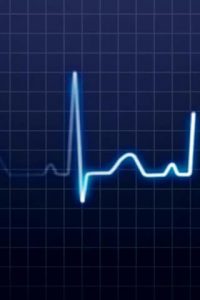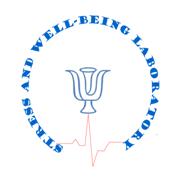
Institute of Cognitive Neuroscience
National Central University, Taiwan
Laboratory of Stress, Emotions, and Well-Being
We are interested in understanding the effects of stress and emotions on well-being, both at individual and organizational levels, as well as the application of research findings to a wide range of disciplines. Our lab employs various tools in our studies, including physiological (e.g., HR, HRV, BP, GSR), , neuro (e.g., EEG, ERP), clinical assessments (e.g., interviews, SCID), and other self-reported measures. We also conduct research using multiple designs, including experimental, correlational, and field studies.
Research Projects

Emotional intelligence and social skills in elementary school children
Collaborating with 7 elementary schools, we targeted 5th adn 6th graders in the study. Through a 10-session training, we provided students with basic education in emotion awareness, expression, communications, and social skills. Baseline and follow-up measures included family relations, school performance and individual well-being.
Emotion awareness, expression, and well-being
Having participants read a picture-only illustrated story in the laboratory, then writing about what they think the story might be, we attempt to assess emotion awareness and expression among college students, and how these may be associated with well-being measures. We included self-reported, EEG, ERP, and writing content measures in this study.

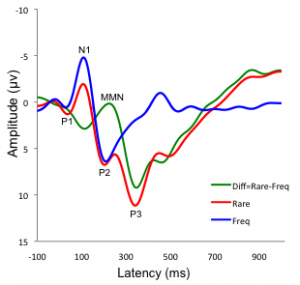
Biological and neurological based biomarkers for substance abuse and Antisocial Personality Disorder
We are collecting data on substance abuse patients with and without Antisocial Personality Disorder, hoping to identify potential biomarkers for these disorders.

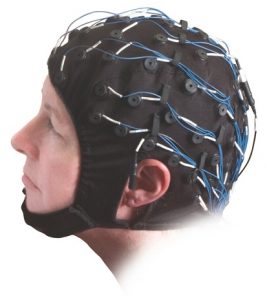
Concealed Information Test (CIT)
We used ERP as outcome measures in CIT, particularly to investigate the potential interaction between trait psychopathy and guilty knowledge on ERP responses. We employed the mock crime paradigm for this study.
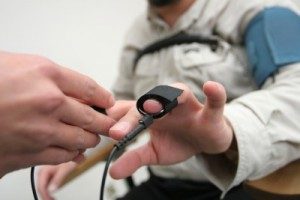
Morality and the Law
When making decisions, most people are influenced by their own sense of morality. Legal professionals, however, are suppose to make judgments based on the law, and not be affected by their own personal beliefs. This study investigates the extent to which legal professionals, law students, and non-professionals may be influenced by their own moral beliefs when make legal decisions.
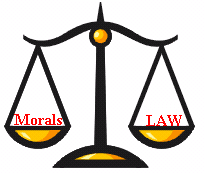
Offender Psychological Assessments
We conduct clinical assessments among sexual and violent offenders in correction facilities.

Offender EEG/ERP Studies
Using a customized stop signal task for sexual and violent offenders,we conduct studies that examine inhibitory control and other psychosocial factors among incarcerated offenders.

Acculturation stress, adjustments, and well-being
We examined acculturation process, related stress and adjustments among individuals from another country, who currently live in Taiwan. Using implicit association test (IAT), priming tasks, ERP, and self-report questionnaires, we are interested in learning about implicit and explicit measures of the constructs we measure.
*Picture on the left shows what many foreigners consider as a symbol for Taiwan: Bubble tea
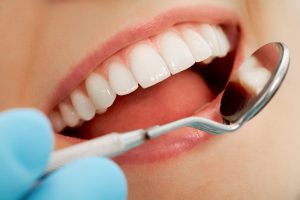
Dental-related anxiety
Do most people experience similar anxiety when visiting the dentist? Do these anxious feelings and reactions interfere with dental procedures or recovery? This study examines physiological responses to dental procedures and treatments, as well as their potential associations with psychosocial factors.
